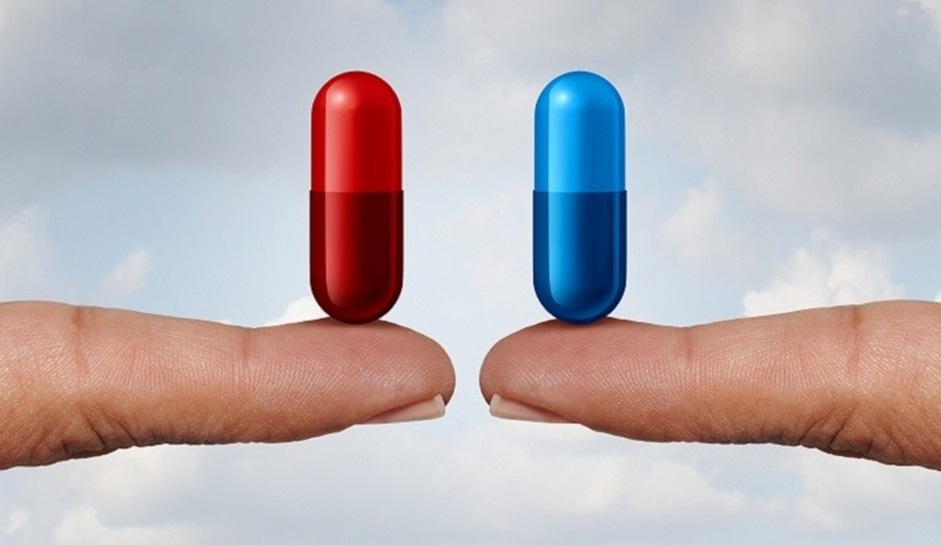
The healthcare landscape is marked by a critical need for affordable and accessible medications to ensure the well-being of individuals across diverse communities. Generic drug (ยา generic, term in Thai) emerges as a crucial solution, addressing the imperative need for cost-effective pharmaceutical options that maintain therapeutic efficacy.
Understanding the various aspects of this need sheds light on the significance of generic drugs in modern healthcare.
Cost-effective alternatives
The soaring costs of healthcare have made affordability a paramount concern for individuals and healthcare systems alike. Generic drugs provide a cost-effective alternative to their brand-name counterparts, offering identical therapeutic effects at a fraction of the price. This affordability is essential for individuals who may face financial constraints or lack comprehensive insurance coverage.
Enhanced access to medications
Accessibility to essential medications is a global health concern. The introduction of generic drugs plays a pivotal role in expanding access to a wide range of treatments. By offering more affordable options, generic drugs contribute to reducing barriers and ensuring that individuals can obtain the medications they need to manage their health conditions effectively.
Competition in the pharmaceutical market
The availability of generic drugs introduces healthy competition into the pharmaceutical market. As patents for brand-name drugs expire, multiple manufacturers can produce generic versions, fostering a competitive environment. This competition helps drive down prices, making medications more affordable and encouraging innovation in the development of new drugs.
Global health equity
Generic drugs are instrumental in promoting global health equity. They provide a viable solution for healthcare systems worldwide to address the healthcare needs of diverse populations. This is particularly critical in developing countries, where access to medications can be limited, and generic options become a lifeline for many.
Preserving healthcare budgets
Healthcare organizations and governments face the challenge of balancing quality healthcare services within budget constraints. The integration of generic drugs into healthcare systems allows for significant cost savings. This, in turn, helps preserve healthcare budgets, ensuring that resources can be allocated efficiently to meet the diverse needs of the population.
Comparable safety and efficacy
The need for generic drugs is underscored by the fact that they maintain the same safety and efficacy as their brand-name counterparts. Rigorous regulatory processes ensure that generic medications undergo thorough testing to demonstrate bioequivalence, reassuring both healthcare professionals and patients about the reliability and effectiveness of these alternatives.
Facilitating chronic disease management
Chronic diseases often require long-term medication management. Generic drugs play a vital role in supporting individuals with chronic conditions by providing affordable and sustainable options for ongoing treatment. This ensures that individuals can adhere to their prescribed regimens without facing undue financial burdens.
To conclude
The imperative need for generic drugs is deeply rooted in the principles of affordability, accessibility, and global health equity. These medications serve as a bridge, connecting individuals with necessary treatments and contributing to the sustainability of healthcare systems worldwide. As the demand for cost-effective and high-quality pharmaceutical options continues to grow, the role of generic drugs becomes increasingly pivotal in shaping a more inclusive and equitable future for global healthcare.



